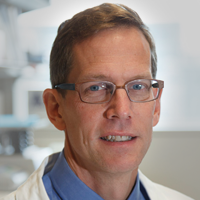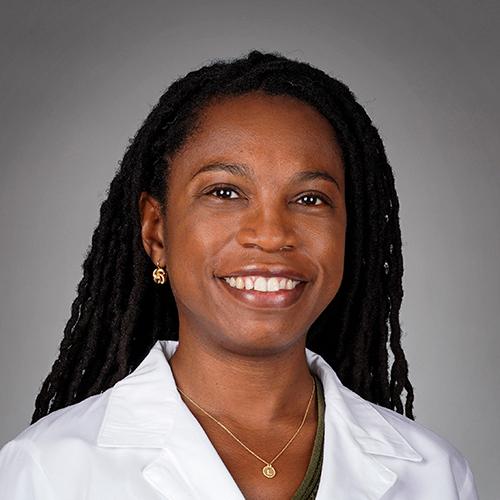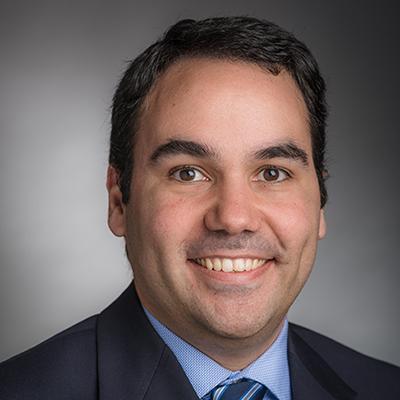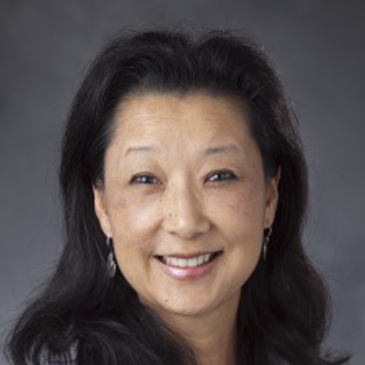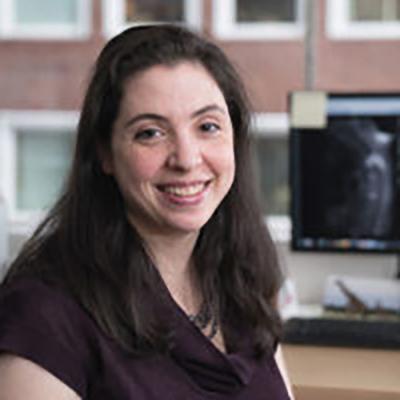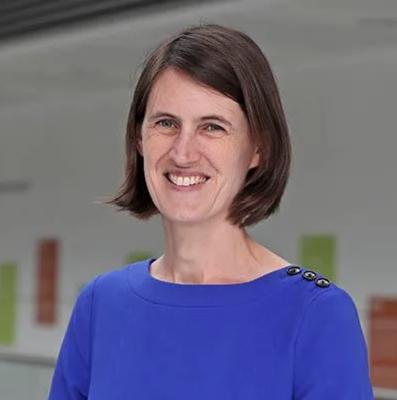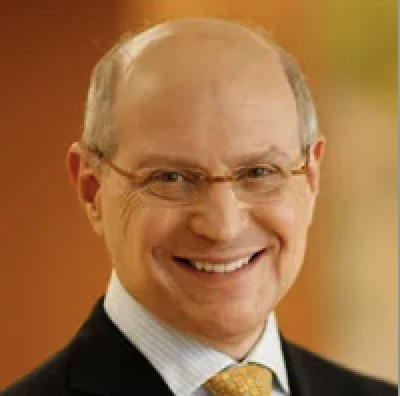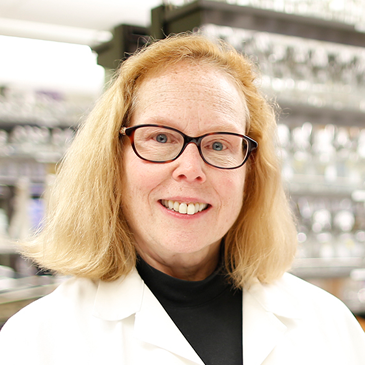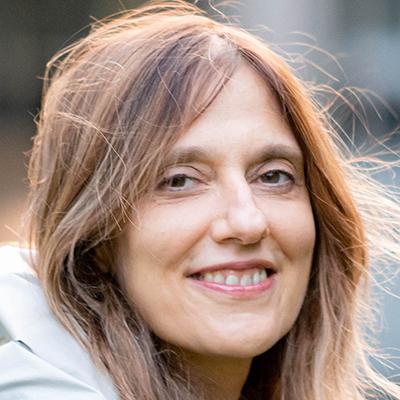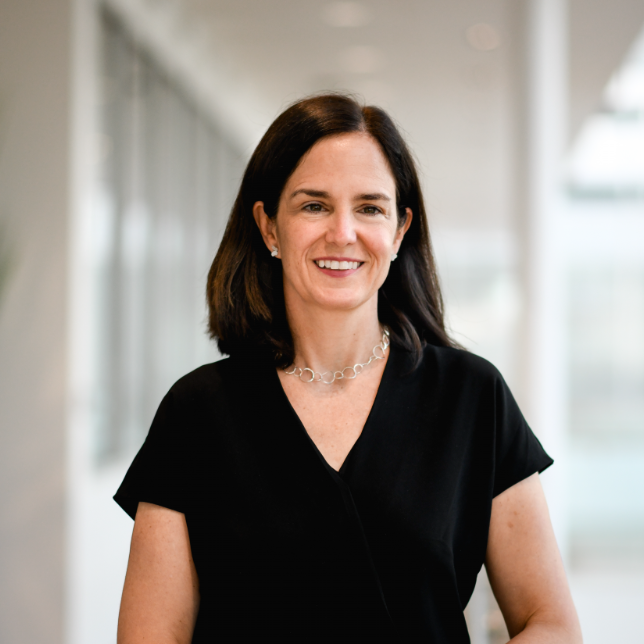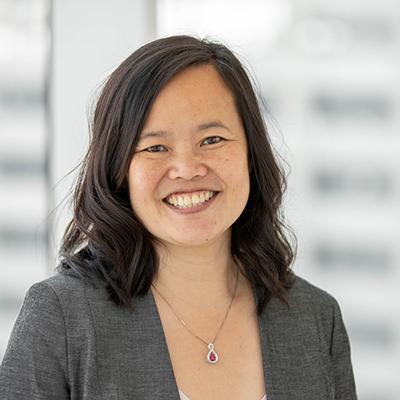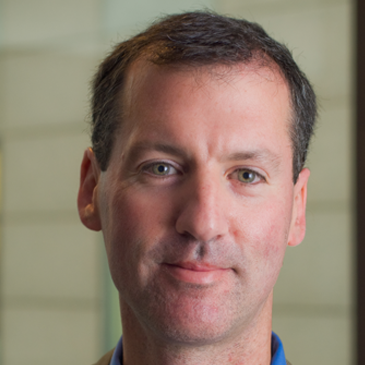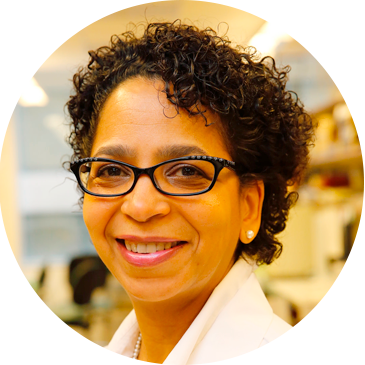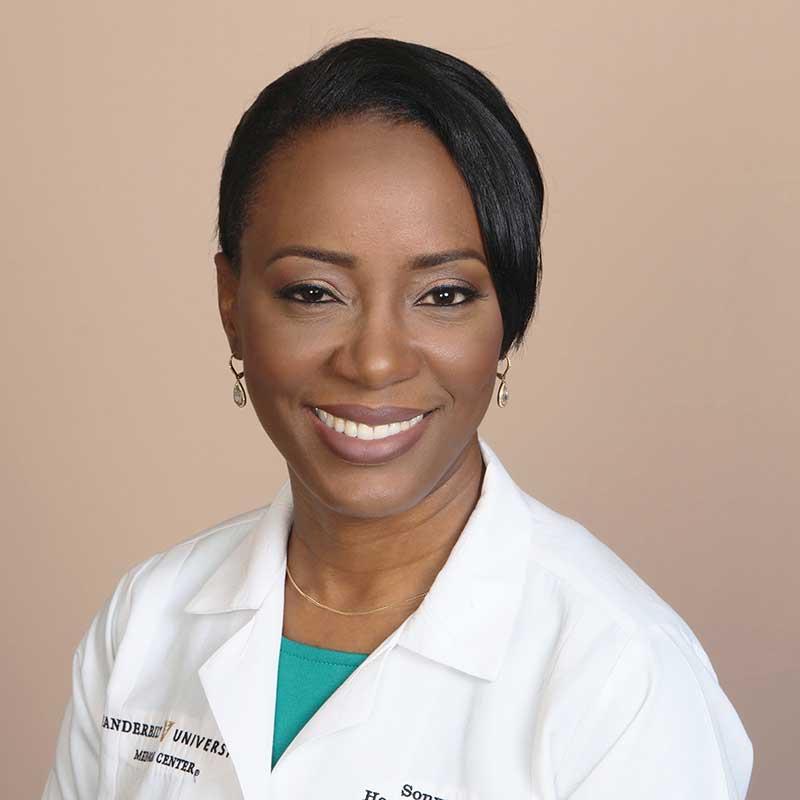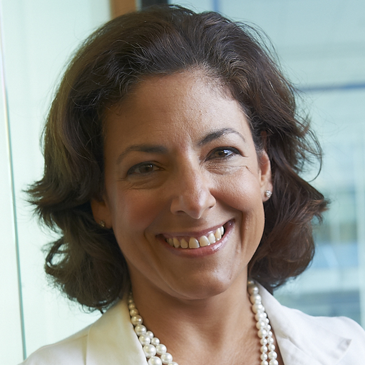Discover Investigating Breast Cancer
Investigating Breast Cancer

82 Episodes
Reverse
Every October, the Breast Cancer Research Foundation (BCRF) celebrates groundbreaking advancements in breast cancer research at its annual Symposium and Awards Luncheon in New York City.
This special bonus podcast features a panel discussion from this year’s event, focused on prevention and treatment, with BCRF investigators Dr. Abenaa Brewster, Dr. Lisa Carey, and Dr. Robert Vonderheide.
Co-moderated by BCRF's Dr. Larry Norton and Dr. Judy E. Garber, who received the Jill Rose Award for Scientific Excellence, this inspiring conversation highlights the progress being made toward ending breast cancer.
Can we prevent breast cancer before it even starts? While treatments have made great strides in curing and slowing cancer, researchers are now focusing on strengthening the immune system to stop cancer in its tracks.
In this episode, Dr. Robert Vonderheide, director of the Abramson Cancer Center at the University of Pennsylvania, shares his groundbreaking work on how the immune system interacts with cancer. As a leader in cancer immunology, Dr. Vonderheide explores how boosting our body’s natural defenses could lead to new ways to prevent, treat, and even cure breast cancer.
Differences in treatment delivery and receipt are estimated to account for about 50 percent of the racial disparities seen in breast cancer-associated mortality.
In this latest episode of Investigating Breast Cancer, Dr. Lola Fayanju discusses her work to understand how to close this gap. BCRF investigator since 2023, Dr. Fayanju, is an associate professor in the Perelman School of Medicine at the University of Pennsylvania and chief of the division of breast surgery for the University of Pennsylvania Health System.
In this latest episode, Dr. Jose Pablo Leone discusses the need for a better understanding of male breast cancer to improve treatment options.
Dr. Leone is a medical oncologist and clinical investigator in the Breast Oncology Center at Dana-Farber Cancer Institute, where he also serves as the director of the Program for Breast Cancer in Men. Dr. Leone’s research focuses on brain metastases, male breast cancer, and research involving large databases, and he has been a BCRF investigator since 2023.
Dr. Shelley Hwang––BCRF investigator since 2016–– is an experienced clinical trialist with an interest in both the biology and treatment of early-stage breast cancer. In this episode, she discusses the urgent need to better understand Ductal Carcinoma in Situ (DCIS) and the work she and her team are doing to uncover better treatment options for patients with DCIS.
In the latest episode of Investigating Breast Cancer, Dr. Adrian Lee discusses collaboration, strategies to improve treatment for ILC, and more. A BCRF investigator since 2013, he is the Pittsburgh Foundation chair and director of the Institute for Precision Medicine at the University of Pittsburgh and UPMC
In the latest episode, Dr. Rachel Jimenez discusses a new strategy of delivering radiation called proton beam radiation that could reduce treatment time and minimize its damaging effects on the heart. Unlike traditional radiation, proton therapy radiation can target cancer cells specifically, sparing other healthy tissues from potential damage.
Dr. Jimenez is an assistant professor of radiation oncology at Harvard Medical School and the chair for quality and safety in the department of radiation oncology at Massachusetts General Hospital.
Dr. Laura Esserman talks about her current research that examines how fiber shapes the gut microbiome, potentially improving the response to immune agents in women newly diagnosed with breast cancer.
Her prior research looked at how immune cells in tumors influence tumor response to immune drugs, and she believes the gut microbiome plays a key role in this complex system.
A BCRF investigator since 1998, Dr. Esserman is an internationally recognized breast surgeon, breast oncology specialist, and personalized medicine visionary.
In October, BCRF holds its annual New York Symposium and Awards Luncheon. The event recognizes BCRF-supported investigators for their devotion to ending breast cancer and announces the Foundation’s research investment for the coming year.
In this special episode of Investigating Breast Cancer, you’ll hear this year’s extraordinary symposium, co-moderated by BCRF Founding Scientific Director Dr. Larry Norton and BCRF Scientific Director Dr. Judy Garber, that included Drs. Seema Khan, Constance D. Lehman, and Olufunmilayo I. Olopade.
Breast cancer is a profoundly personal disease, and blanket approaches may not work for all patients. In fact, some can avoid particular therapies or treatments altogether. BCRF investigators have played a significant role in developing precision medicine and individualized therapies, improving treatment efficacy and limiting side effects.
This is the area where Dr. Roisin Connolly’s work is centered. In this latest episode Dr. Connolly discusses her work to uncover more personalized treatments for breast cancer patients with triple-negative breast cancer. A BCRF investigator since 2022, Dr. Connolly is the Director and Professor Gerald O’Sullivan Chair in cancer research at University of College Cork and Cork University Hospital in Ireland.
Since Evelyn H. Lauder and Dr. Larry Norton launched BCRF in 1993 remarkable advances in breast cancer prevention, diagnosis, treatment, survivorship, and metastasis have been made. But there is still critical work to be done. The Foundation is moving faster and closer than ever to achieving its mission to prevent and cure breast cancer by advancing the world’s most promising research.
We spoke with BCRF co-founder and Founding Scientific Director, Dr. Larry Norton to discuss the progress BCRF has made and what advances are on the horizon. Dr. Norton is Senior Vice President in the Office of the President and Medical Director of the Evelyn H. Lauder Breast Center at Memorial Sloan Kettering Cancer Center. He is also a Professor of Medicine, Weill-Cornell Medical College. Dr. Norton has dedicated his life to the eradication of cancer through his work in medical care, laboratory and clinical research, advocacy, and government.
In this latest episode of Investigating Breast Cancer, Dr. Nora Disis talks about prevention, treatment, breast cancer vaccine research, and more. Her research focuses on identifying ways to boost the immune response in breast cancer patients to improve chemotherapy outcomes. She is working on discovering new molecular immunologic targets in solid tumors to develop vaccines and cellular therapy for treating and preventing breast cancer.
Dr. Disis, a BCRF investigator since 2016, is the Athena Distinguished Professor of Breast Cancer Research and the associate dean for Translational Health Sciences at the University of Washington School of Medicine. She is also the editor-in-chief of JAMA Oncology.
There are some technologies that enhance human efforts and abilities and other technologies that make such a drastic impact–– they revolutionize protocol and entire ways of thinking. AI in the healthcare field is one such technology. Scientists like BCRF Investigator, Dr. Regina Barzilay, are working on ways to harness AI to improve how medical professionals interpret mammograms, and finesse and better personalize existing risk prediction models, and tackle disparities in screening and risk assessment.
Dr. Barzilay, a BCRF investigator since 2022, is a School of Engineering Distinguished Professor for AI and Health in the Department of Electrical Engineering and Computer Science and a member of the Computer Science and Artificial Intelligence Laboratory at MIT.
Why have so many individuals who carry BRCA mutations not undergone genetic testing and counseling? How do we eliminate barriers to this lifesaving care?
Dr. Susan Domchek talks about her work to tackle these issues and more in the latest episode of BCRF's official podcast, Investigating Breast Cancer.
What elements of our environment are carcinogenic? What role do factors like age, diet, and genetics play? And because cancer is biological in nature, many of us tend to think about the individual and their body as an obvious point of focus. What about, though, the larger, societal picture?
That’s what Dr. Scarlett Gomez and the field of social epidemiology are working to uncover and what you’ll hear about in this latest episode.
In the latest episode of Investigating Breast Cancer, Dr. Ian Krop discusses his team’s work to advance clinical trials through—including one to test immunotherapy in HER2-positive breast cancer. A BCRF investigator since 2017, Dr. Krop is the chief clinical research officer and associate cancer center director for clinical research at the Yale Cancer Center.
Dr. Krop also currently serves as chief scientific officer for the BCRF-supported Translational Breast Cancer Research Consortium.
The complexities of triple-negative breast cancer (TNBC) can sometimes make it hard to understand. It’s an aggressive form of breast cancer that is more likely to spread to other tissues––a process called metastasis.
BCRF Investigator since 2005, Dr. Jill Bargonetti’s research works to break down some of the complexities of TNBC. Her research has put her at the forefront of how we might develop novel strategies to accurately identify and kill these cells. In this latest episode of Investigating Breast Cancer Dr. Bargonetti uses dance and other techniques to explain molecular biology, genomics, and much more.
Why are Black women 40 percent more likely to die from breast cancer than white women? And why is it such a challenge to make clinical trials reflect everyone who faces breast cancer?
That’s what Dr. Sonya Reid and her team are working to uncover by addressing disparities in breast cancer diagnosis and treatment through research. Dr. Reid is an assistant professor of hematology/oncology at Vanderbilt University Medical Center. Her three-year Conquer Cancer–BCRF grant was made possible by The Estée Lauder Companies' Charitable Foundation Awards.
Each October, BCRF holds its annual New York Symposium and Awards Luncheon. The event recognizes BCRF-supported investigators for their devotion to ending breast cancer and announces the Foundation’s research investment for the coming year.
This year’s program included an extraordinary symposium, co-moderated by BCRF Founding Scientific Director Dr. Larry Norton and BCRF Scientific Director Dr. Judy Garber, that included Drs. Lisa Newman, Andrew Tutt, and Maria Jasin, who discussed novel breast cancer therapies, disparities, and what’s on the horizon in research.
We’re proud to make their discussion available in a special episode of Investigating Breast Cancer.
What are dormant cancer cells and how they lead to a clearer understanding of the cancer in remission? Why do particular cancerous cells behave differently than others? BCRF Investigator since 2017, Dr. Angela DeMichele, discusses her work to uncover the answer to these questions and more.


